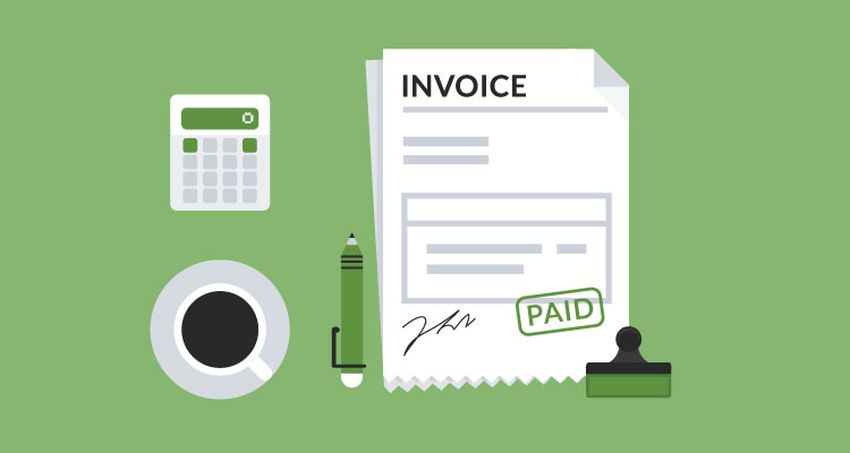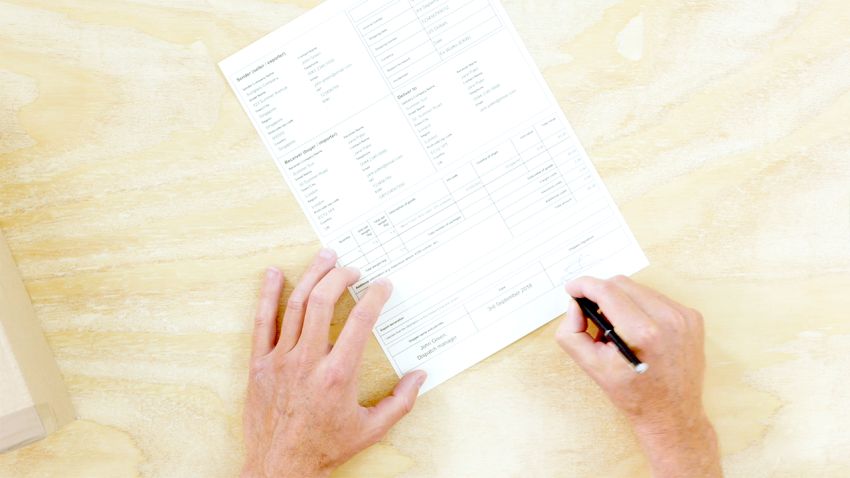In accordance with §§ 14 and 14a of the German Tax Act (Umsatzsteuergesetz – UStG), the information contained in invoices must meet certain minimum requirements. Only invoices containing complete information are valid for the deduction of the tax on the part of the customer (exception: tax liability on the part of the customer in accordance with § 13b UStG). An invoice may consist of several documents which together contain all the necessary data.

source:due.com
In such a case, one of these documents must indicate the total amount of the invoice and the amount of tax due and identify any other documents that will contain the other information required. A trader is required to issue a VAT invoice if he sells goods or services to another trader or legal entity (even if he is not a trader). Invoices are also issued to natural persons if they relate to a taxable supply of a work or other services relating to a building site. Such services include, inter alia, all types of construction services (irrespective of whether they are covered by § 13b of the Tax Act or not), repairs and maintenance, cleaning and gardening services. In such cases, the customer who is a natural person is obliged to keep the invoice for a period of two years.
Deadline for issuing invoices

source:jsitel.com
The contractor providing the service is required to indicate on the invoice the obligation to keep it (e.g. ‘A customer who is a natural person is required to keep this invoice for a period of two years’). However, such an endorsement is not mandatory on invoices of small amounts (see point 7). The invoice must be issued within 6 weeks after the service has been provided (in the case of delivery of the work, this will be the time of completion and acceptance respectively). Invoices for intra-Community supplies (§ 6a of the Tax Act) or other services (§ 3a (2) of the Tax Act) provided in another EU Member State must be issued by the 15th day of the following month. The shortened deadline does not apply to the provision of services in relation to the building site. If an invoice is not issued or is not issued in due time, an infringement is deemed to have occurred. In addition, the invoice may be corrected by the issuer if it does not contain all the required information or if the information contained therein is incorrect. Invoices are issued in accordance with the legal regulations of the country of the European Union in which the company issuing the invoice or credit note is established. For information on invoicing in Germany, read more here.
The most important information that an invoice must contain:

source:www.theshippingchannel.com
- the name and address of the trader selling the goods/services and of their buyer;
- the tax identification number or EU tax identification number of the trader selling the goods/services;
- date of issue of the invoice, sequence number of the invoice;
- measure and quantity and customary trade name of the goods or services supplied;
- the date of delivery/performance of the service or, in the case of advance payments, the date of receipt of payment, if specified and not coinciding with the date of issue of the invoice;
- the sum of the net sales value divided into sales covered by individual tax rates or exemptions;
- the amount of any previous discounts granted, unless already included in the net unit price;
- the applicable tax rates or exemptions;
- the total amount of Tax attributable to the supply of the work or other services in respect of the building site;
- a reference to the need for the customer to keep the invoice for two years if the customer is a natural person;
- in the case of final invoices, the sum of the advances levied before the service was provided (net amount + TAX).





